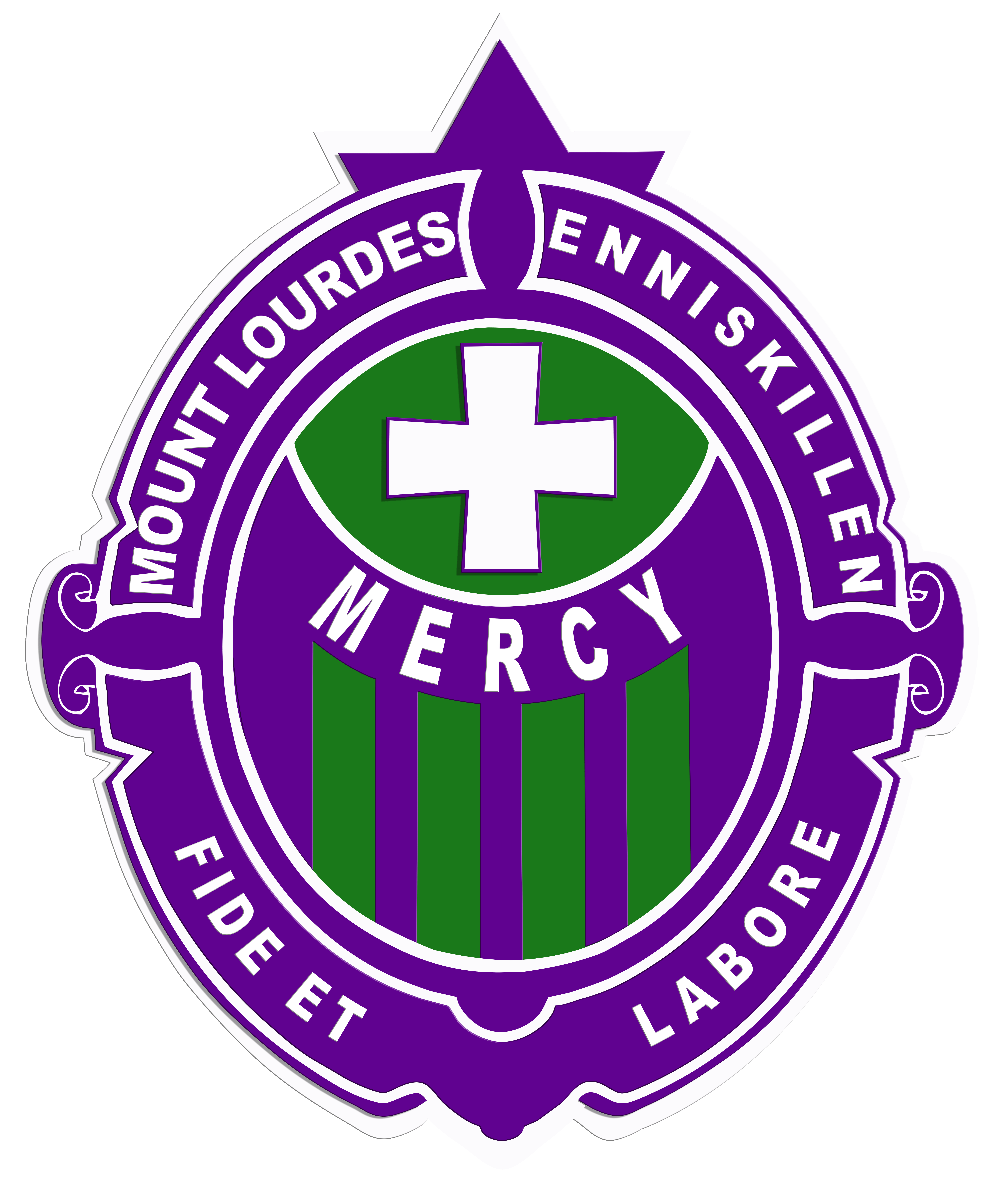
ENGLISH
Introduction to GCSE
The scheme of assessment in English will consist of two written papers plus Controlled Assessment.
Aims
A course in English should seek to develop the ability of students to communicate accurately, effectively, appropriately and sensitively to what they hear, read and experience in a variety of media; and to foster their appreciation and enjoyment of literature and understand themselves and others. Each pupil will keep a folder of her work which should include a variety of reading and writing exercises.
Scheme of assessment
The assessment will consist of two written external examinations, controlled oral assessments and a unit called Independent Study, which is comprised of three tasks based on the study of the spoken language, the study of a literary text and a creative writing task.
Unit 1 – Personal Writing and Reading
Unit 2 – Functional writing and Reading (Non-Fiction)
Unit 3 - Speaking and Listening
Unit 4 - Independent Study: 3 Controlled Assessment Tasks.
Career Awareness
Useful for: All Careers.
Essential for: Almost all Careers which require GCSE standard.
ENGLISH LITERATURE
Introduction to GCSE
Assessment in English Literature consists of one examination paper and a Controlled Assessment folder. There are two tiers of assessment but it is expected that all pupils will take the higher tier. Differentiation in Controlled Assessment marks will be achieved by outcome, and by setting tasks appropriate to candidates of varying abilities.
Aims
A course in English Literature should seek to develop the ability of students to understand, respond to and enjoy poetry, prose and drama.
Controlled Assessment and Examination: Students will be assessed on poetry, drama and prose.
Career Awareness
Useful for: Journalism, Teaching, Law, Social Sciences, Linguistics, Languages, and Business.
Essential for: Normally required for degree courses in English. It is also a compulsory requirement for some courses in Scottish Universities.
Introduction to A Level
The English Literature Advanced Course consists of FOUR modules with TWO to be covered in Year 13 – AS 1 and AS 2 – leading to an AS Level and TWO in Year 14 – A2 1 and A2 2 – leading to the full A Level.
A’LEVEL SUBJECT CONTENT
AS
-
AS 1: The Study of Drama.
-
AS 2: The Study of Poetry written after 1800 and The Study of Prose 1800-1945.
METHOD OF ASSESSMENT
-
AS 1: Internal Assessment ( 2 pieces) 40% of AS
-
AS 2: Examination 60% of AS
KEY FEATURES
Students taking this subject should:
-
Enjoy reading and research.
-
Be prepared to work independently, to do extensive background reading, and to give personal informed responses to their texts.
-
Confirm their suitability for A’ Level with their English teacher.
-
Acquire good GCSE grading - grades A & B in English preferred.
A2
-
A2 1: The Study of Poetry 1300-1800 and Drama.
-
A2 2: The Study of Prose – theme based
-
A2 1: Closed book examination 50% of A2
-
A2 2: Examination 50% of A2.
RECOMMENDED SUBJECT/S AND GRADES AT GCSE
English: C or above
English Literature: C or above
CAREER POSSIBILITIES
There are many jobs where the study of English to A’ Level will be an advantage:
-
Banking
-
Secretarial Work
-
Personnel
-
Commercial jobs
-
Insurance Companies
-
Advertising
-
Marketing and Sales
-
Education
-
Civil Service
-
Health Service
-
Local Government
-
Journalism
-
Library Work
-
Legal Work
OTHER INFORMATION
A’ Level English Literature helps develop pupils debating skills and the capacity to think analytically and critically.
